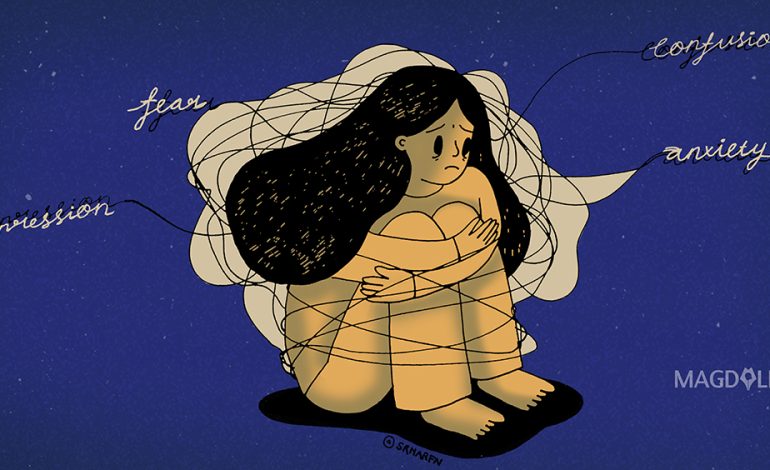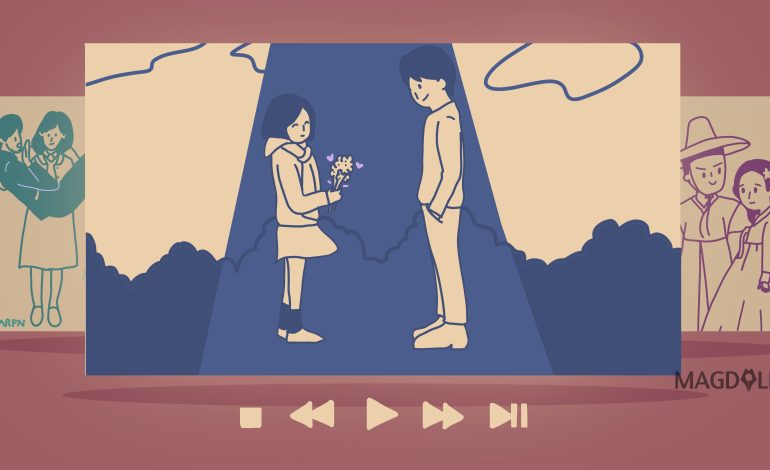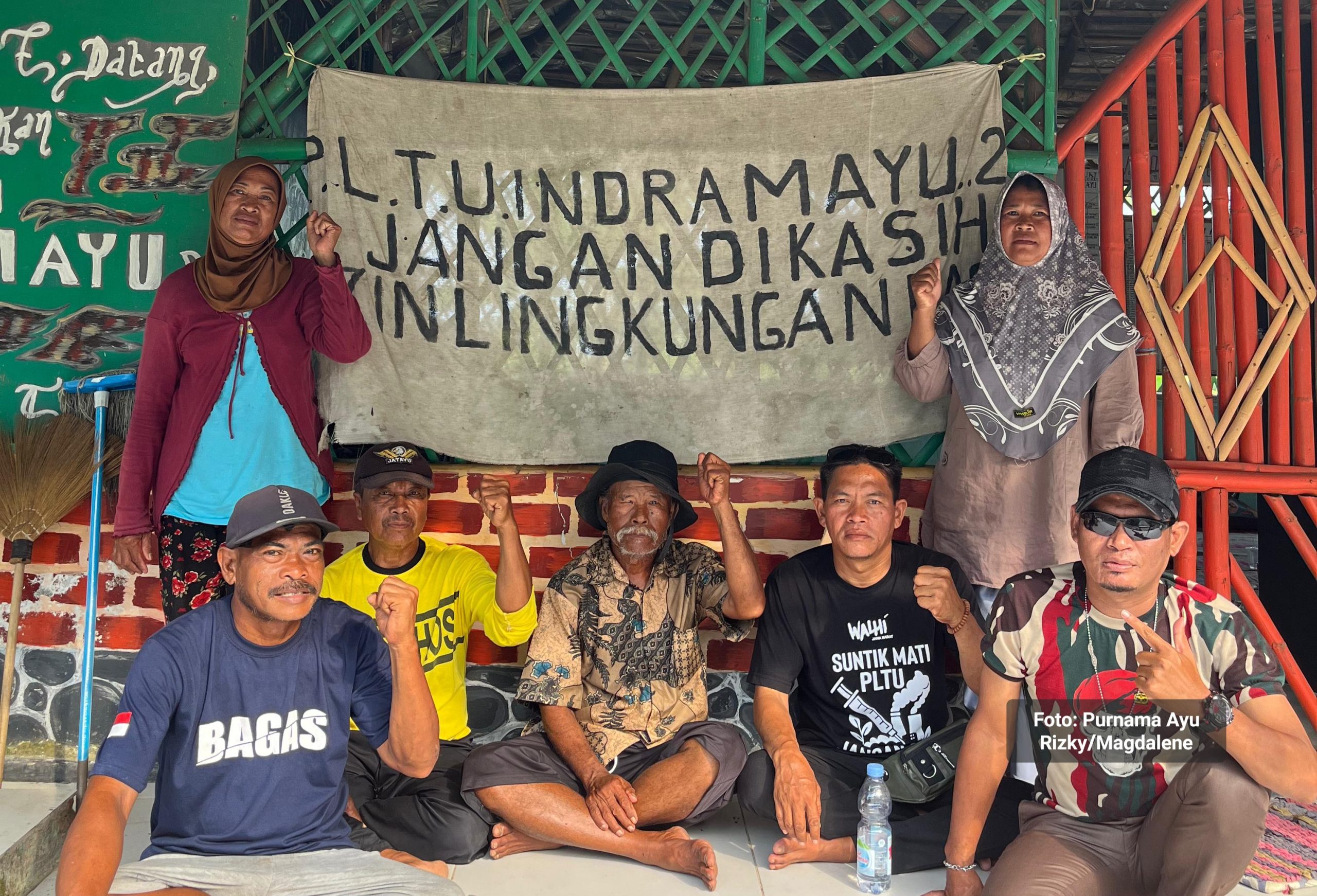Peace in Words: How Writing Helps Me Survive the Darkest Days

Realization came slow. At first I just felt sad; I cried. But after a while, the waves of sadness washed over me a little too often. I no longer occasionally felt blue. I constantly felt sad. I could still keep my head above the sadness, but it was hard to deal with the tumbling veil of unworthiness: I don’t deserve to be loved, I’m a failure, my kids are better off without me. And there was a lot of resentment. It got so intense at times that I felt like I hated just about everything and everyone, including my husband and my kids.
Depression hit me hard the first time right after I gave birth to my firstborn. When the light was out, I started to freak out. Actually, it was sooner than that. Even before the light was dimmed, when dinner time ended, depression slipped in to my hospital bed. I shook in cold sweat, my nerves jangling at the thought of facing my brand-new daughter.
At home after midnight she would be awake and cry, and it took me a long time to get her back to sleep. The night outside my bedroom was pitch black and indifferent. The world was silent except for the cries, cries that seemed never ending.
Finally, the baby would sleep and it was my turn to cry. My husband was sleeping in the same room, but I felt so alone and helpless. He worked full time, and I was, I don’t know, useless, just a mother and a housewife. After a long day at work, it was unfair to bother him with crying baby or a crying wife. So, I swallowed my depression and toughen myself up. It didn’t work. I cried at the same time every night for a month. Sometimes I cried until dawn. But after a while, I pushed it so deep until it was gone. I was good again.
When I had my twins two years later, depression hit me again. I didn’t want to leave the birthing suite. This time the depression was a lot worse. It was no longer just baby blues because it didn’t ease with time. I experienced more intense and persistent depression. I slept badly, felt unhappy and trapped in the world that I didn’t understand.
The anxiety and panic attack were so real, it was terrifying to dread the night. I just wanted the sun to never set. At the lowest point, I imagined I could put one of the twins in the refrigerator. That’s when I realized I desperately needed help. My doctor diagnosed postpartum depression and prescribed antidepressant pills.
Also Read: Help is on the Way: When Depression or Mania Rears Its Ugly Head
As an Indonesian, the thought that “I am mentally ill’ could be more fearsome than having cancer. In my childhood memory, mentally ill means a dirty half-naked homeless man with sticky and dusty hair who walked around scaring kids in the neighborhood. He carried a brown sack filled with knick-knacks picked up from the streets. One time I saw him diving in the garbage, eating leftover food. Kids called him “crazy Joni” and quickly ran away from him in half-mocked terror, even though he never did anything but walk on by. Sometimes bigger kids threw rocks at him and screamed, “Go away, Joni. Go away you crazy!”
In the very beginning of my life in America, there were so many changes in my life. Within a year, I uprooted myself from Indonesia to the States, instantly got married, got pregnant, had a baby, learned to raise the baby without the support of fellow mothers in Jakarta, and went back to school for my master’s degree. Combined those with culture shock, I walked a long dark road with deep longing as well as anguish.
After that – and way too often –the waves of depression crash into me unexpected and uninvited. First, I’d feel like I could not breathe, my lungs stilled by deep sadness. And then I’d stay in bed for hours, hardly move, just curling in a fetal position, not sleeping, not really thinking. Not living.
Everything is bad. My life was bad, though I was living in a beautiful home with a huge backyard and a swimming pool in a nice suburb. I felt unworthy, though I have a loving husband and three daughters who are not just beautiful but also straight-As students. And there were a lot of lovely things happening in my life, but my brain tricked me into believing that I was nothing but a piece of meat, useless and a burden to people around me. I was unlovable. I was worthless. And the worst thought: I was better six feet under.
The truth is mental illness runs in my family. My brother died in a mental institution. There is always a worry in me that I might have mental illness as well. My husband wants me to take a test for bipolar disorder, but I’m too scared to find out if it’s in me.
So far, I’ve been managing the symptoms of my depression quite well. But it’s very destructive to my relationship with people around me. I push people away, including people whom I love and who love me. I’m afraid my husband will give up on me. He’s been amazing at understanding my meltdown. He leaves me alone and gives me the space that I need. I know it’s often a lonely road for him. I’m right next to him in bed, yet I’m in another world that he can’t enter.
Also Read: How Depression and Anxiety Messed Up My Academic Life
Last year, I went to a therapist. I was so depressed with my life in America, that I finally sought help. But I don’t want him to change who I am, to destroy feelings that are part of me, no matter how bad they are. It hurts, I know. When the deep sadness comes, it’s hard to function. It’s difficult to interact with anyone, and it’s a torture to go through the night and welcome the morning.
I fought the depression hard with a lot of tears, prayers, and rest. Distraction, either running on the treadmill, or swimming laps, always helps me. But what helps me most is playing with words. Writing has always been therapeutic for me. In every meltdown I write dozens of letters that I never send. They are all addressed to someone, but I keep them in a draft folder.
There are times I try to reach out, but after a while, I get tired and I just give up on everyone. At the end, I really have to rely on myself. When it hits me hard, I try to write more than just letters. I write a piece I really love and try to get it published. It could be a chapter or two of a book I’m working on, or a short story, or an essay which I submit to a newspaper or any publication that attracts readers. There’s something very re-assuring when an editor tells me that my submission is “a powerful piece” and they’ll publish it. It’s not the approval that makes me feel better, it’s that I’m reminded again and again, I have something in me that’s not useless. I’m not unworthy.
Everyone has a weapon to combat her demons. For me, writing is my shield and my sword. I got the talent, the ethic, the application, the courage and the skill. And those, combined with raw emotions when I’m in a spiraling vortex of despair, is a great combo to birth a piece of writing.
I don’t say writing cures my depression. I’m far from cured. And I believe I still need to spend a lot of time with a therapist. But now I feel like I can recognize when my depression is about to come. I don’t always successfully beat it with my writing, especially when I’m in a full-on depression state, but before it gets really bad, I know I have something that could help me attack those thoughts of being up above the clouds and not wanting to come down.
Words are powerful. Writing those words, stringing them in a story, and share the story for people to read helps me to survive the darkest days.






















